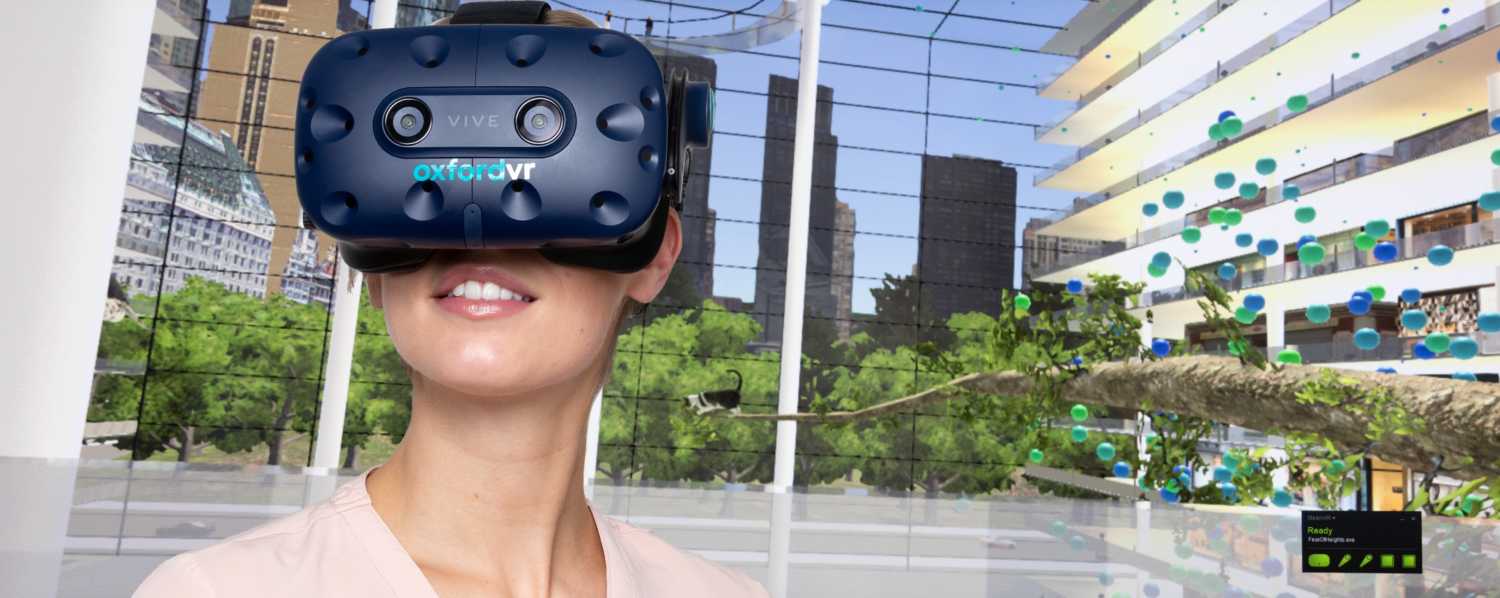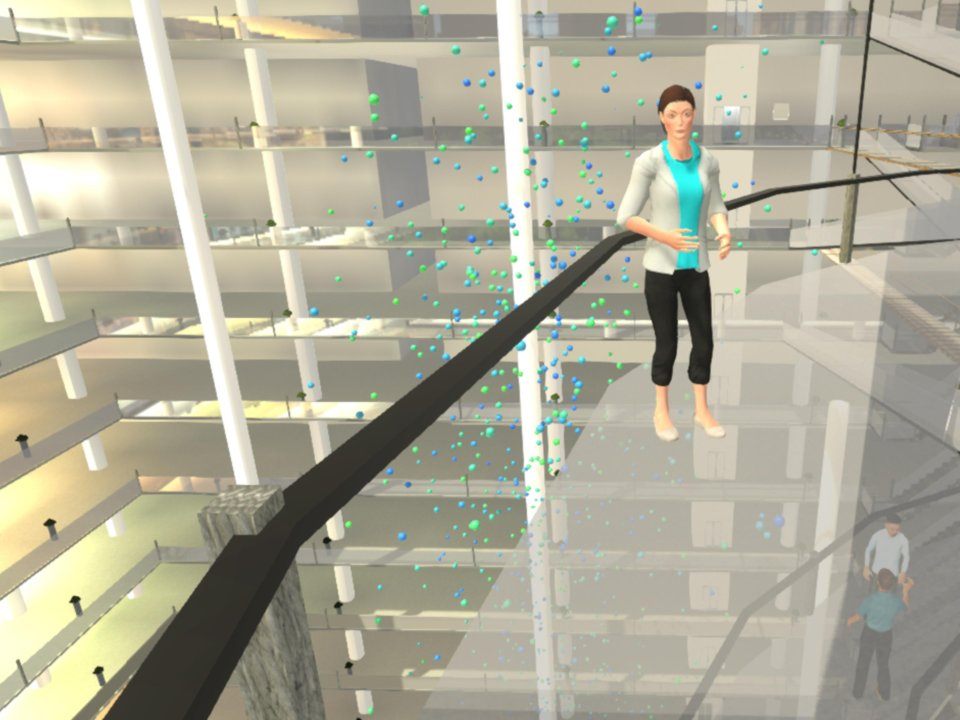– Automated virtual reality therapy Oxford VR secures a record $12.5M investment to advance its real-world impact in behavioral health, and accelerate clinical leadership in the U.S.
– The investment will enable the next-level growth of pioneering immersive therapy for depression, anxiety, and other behavioral health conditions.
VR therapy pioneer Oxford VR announced today a landmark $12.5 million Series A funding round led by Optum Ventures and supported by Luminous Ventures. The round also included participation from existing investors including Oxford Sciences Innovation, Oxford University Innovation, and GT Healthcare Capital Partners.
Global Impact of Behavioral Health Disorders
Behavioral health disorders are on the rise in every country around the world and will cost the global economy $16 trillion by 2030. There are major unmet needs in behavioral health care, including access challenges, poor outcomes, the high cost of care, low patient engagement rates and a shortage of skilled clinicians.
Evidence-Based Psychological Treatments Using State-of-the-Art Immersive Virtual Reality

Founded in 2017, Oxford VR is a spinout from Oxford University’s Department of Psychiatry and builds on two decades of research by Professor Daniel Freeman investigating VR’s potential to create powerful, automated psychological treatments that revolutionize the way people experience therapy. OVR’s automated VR therapy translates evidence-based cognitive-behavioral therapy (CBT) through immersive virtual reality environments to provide a powerful new evidence-based psychological treatment.
Leveraging VR to Treat Behavioral Health
Behavioral health problems are inseparable from the environment. In VR therapy, individuals put on a headset and enter VR simulations of the situations and environments that trigger their symptoms. Throughout their treatment, individuals are asked to complete several different tasks that are graded in difficulty and are coached on helpful responses.

The VR environments give people reassurance they can try out new things safely and that they’re not in any real danger. The great thing about VR therapy is that the behavioral changes made in the VR environment transfer to the real world. VR therapy is automated, prized therapists can be redeployed to more urgent cases or other aspects of care.

Oxford VR’s first clinical trial for fear of heights, which was published in The Lancet Psychiatry, shows how automated VR therapy can produce large clinical benefits. Results achieved were significantly better than expected, with the best psychological intervention delivered face-to-face by a therapist. This landmark trial also demonstrated automated VR therapy’s capacity to transform behavioral health care by helping overloaded providers expand access and standardize clinical excellence, ensuring adherence to treatment protocols.
Funding Fuels Expansion into U.S. Market
This investment recognizes the significant potential of Oxford VR’s automated VR therapy to help address these challenges, and how the company is already delivering automated VR therapy in a real-world setting in the UK’s NHS.
This capital infusion will enable Oxford VR to accelerate U.S. expansion of its evidence-based and scalable automated VR therapy solutions for behavioral health issues and to continue expanding its treatment pipeline into conditions such as anxiety, depression and post-traumatic stress disorder.
Active Participation in Several Trials
In addition to providing VR therapy to NHS patients, Oxford VR is participating in several trials. In the UK, the NHS-funded gameChange project is the first large-scale multi-site trial to use VR therapy to treat patients with serious and complex behavioral health conditions.
In Asia, Oxford VR has partnered with AXA Hong Kong and The Chinese University of Hong Kong (CUHK) in a first-of-its-kind pilot to test VR’s potential to support better mental health outcomes. In the US, OVR has established a strategic partnership with the National Mental Health Innovation Centre (NMHIC) where it is running multiple pilots using VR therapy treatment programs to advance mental health outcomes in the US.
“We are tremendously excited to close this investment round and to be working with Optum Ventures to drive our next level of growth. We would not be at this exciting tipping point without the collective efforts of the team at OVR, in particular Katie Bedborough, our CFO & COO. Together with Optum Ventures and Luminous Ventures, and with the continued support from our existing investors, we can expand our clinical leadership footprint and accelerate our pipeline of automated VR therapy treatments,” said Oxford VR CEO Barnaby Perks.
